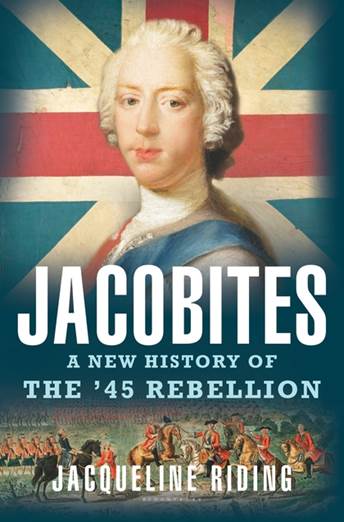Lecture: Thursday 17th October, 6-8pm
Professor Colin Jones, Queen Mary, University of London
‘The Duchesse d’Elbeuf and the Arts of Resistance in Paris under the Terror’
The Cinema, School of Arts, 43 Gordon Square, WC1H 0PD
The recent discovery of a series of private letters to a friend (1788-94) from the wealthy dowager duchess of Elbeuf in the course of the French Revolution is the starting point for a broader discussion of how, in the period of censorship and surveillance under the Terror, individuals strove to maintain freedom of expression and develop a critique of government. The lecture will be followed by questions, and a glass of wine.
Colin Jones is Professor of History at Queen Mary, University of London. He has published widely on French cultural history, particularly on the eighteenth century, the French Revolution, and the history of medicine. His many books include The Medical World of Early Modern France (with Lawrence Brockliss, 1997), The Great Nation: France from Louis XV to Napoleon (2002), Paris: Biography of a City (2004: winner of the Enid MacLeod Prize) and The Smile Revolution in Eighteenth-Century Paris (2014).
All welcome! For more information, please contact Ann Lewis: a.lewis@bbk.ac.uk
Reading Group: Wednesday 13th November, 12-2pm
Hannah Lyons, Birkbeck, University of London, and the Victoria & Albert Museum
‘Some trifling performances’: Women Printmakers in the Long Eighteenth Century. Artists or Amateurs?
Room 106, School of Arts, 43 Gordon Square, WC1H 0PD
Hannah Lyons is a Collaborative Doctoral Student, working on the role, status and output of amateur and professional women printmakers in Britain during the long eighteenth century. In this reading group, she will consider the problematic categories of the ‘amateur’ and ‘professional’ in the context of her research.
For more information, please contact Kate Retford: k.retford@bbk.ac.uk
Thursday 12th December, 3-5pm
English Country House symposium
co-organised with the Birkbeck Architecture, Space and Society Research Centre
Keynes Library, School of Arts, 43 Gordon Square, WC1H 0PD
- Professor Jon Stobart, Manchester Metropolitan University: ‘Home Comforts: Objects and Memories in the English country house, c.1750-1820’
- Professor Abby van Slyck, Connecticut College, US: ‘Raising Royals: The Architecture of Childhood at Victoria and Albert’s Osborne House’
- Professor Kate Retford, Birkbeck: ‘”A Family Home…not a Museum”: Marketing the English country house’
For more information, please contact Kate Retford: k.retford@bbk.ac.uk
. . Category: Archived Events . Tags: arts, Birkbeck Eighteenth-Century Research Group, C18, Cultures and Languages, English, English Country House, French Revolution, Printmakers

